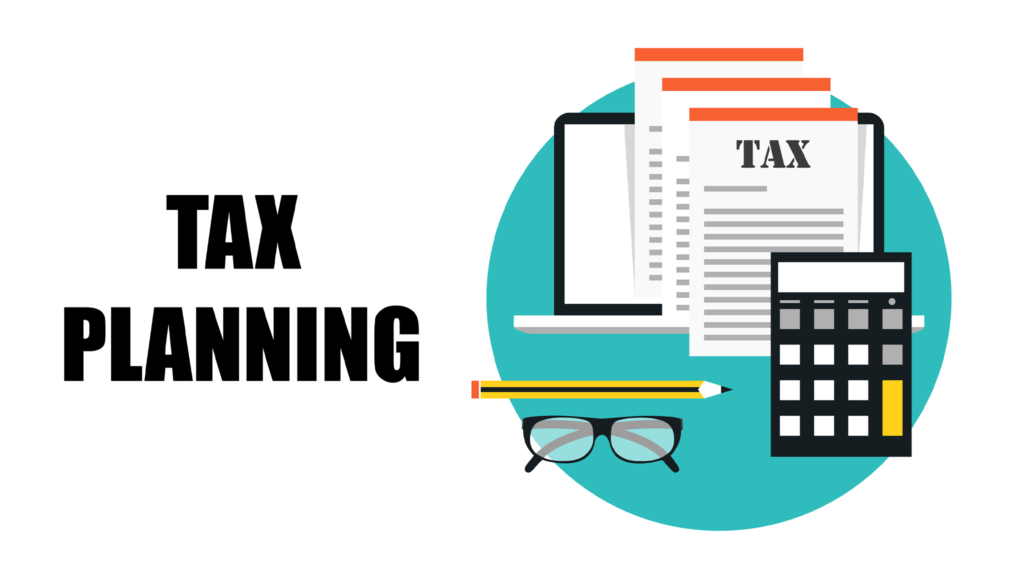Last Minutes Tax Planning: What Options Do You Have
Nikhil (33) was informed by his HR department to submit his investment proofs for the financial year by the weekend failing which they would not accept any proofs after the deadline and the tax would be deducted accordingly. Coincidentally he received a telephone call from his friend who had just joined a life insurance company as an agent and he shared information on a so called “wonder plan” which could save tax as well as give good returns. Knowing that he had little choice and dearth of time to consult anyone, Nikhil succumbed to the offer and shelled out Rs 50000 for the insurance plan and managed to submit the receipts on time to claim the tax benefit. Whether the insurance plan would serve Nikhil’s real needs is anyone’s guess but investing just for tax benefits without understanding the product can make you regret later.
For the salaried class, December- January is the period when tax related investment proofs are to be submitted failing which it is assumed that no tax saving investments have been done. The tax is then calculated and apportioned from January to March. Inspite of going through similar situations in the past, most fail to learn from their mistakes. So if you are staring at a similar situation now, you can consider a few good options
Public Provident Fund :PPF is a very good option for last minute tax saving as it offers a guaranteed return (8.8% at present) along with tax free status at maturity. Ideally this investment along with your company’s PF can be aligned for your retirement goal as it comes with a maturity of 15 years. Since in PPF the interest is calculated on the lowest balance between the 1st and the 5th of the month, it’s advisable to invest a lumpsum amount before 5th of the month itself to earn interest for the rest of the month.
Fixed Deposit: Statistics seems to suggest that the humble fixed deposit seems to be one of the most popular products for last minute tax savings. This product comes with a 5 year lock-in during which you cannot withdraw from the scheme. The lowdown here is that the interest earned on this deposit is treated as income and taxed as per your slab. Someone looking for assured returns without any risk and for a medium term goal can certainly go for this option.
Equity linked savings scheme (ELSS): If you intend to stay invested for period of more than 5 years then ELSS schemes can be a better choice over tax free fixed deposit. These schemes are offered by mutual fund companies and they predominantly invest in equities. One needs to first understand the risk-reward equation here before investing in ELSS schemes as due to stock market fluctuations, your investments here can be in the negative territory for some time. In the proposed Direct Tax code which is supposed to be now implemented from 1st April 2013, this investment has been excluded. So you may still be able to take the benefit of this scheme till March 2013.
Mediclaim: Sickness and disease can affect anyone at any age level and therefore it makes sense to take up a medical cover early in life inspite of your employer providing you a group medical cover. It not only saves tax but also provides protection from unexpected hospitalization. This may also be a good time to relook at your health coverage and even take one for parents if they are not yet covered by health insurance as the tax rules provide for an additional deduction of upto Rs 20000 for senior citizen parents.
Life Insurance: Life insurance policies should be essentially seen from the point of covering your liabilities and to provide sufficient insurance cover to take care of the loss of income due to the untimely death of the bread earner. But most of us make the mistake of treating insurance as investments and end up investing a sizeable portion of the tax saving component in investment linked insurance plans which might not provide the perceived returns and adequate cover. For someone who is young and has a family, the tax planning should begin with taking a term insurance plan of appropriate sum assured. Deciding on the insurance cover early can save you from repeating the mistake which Nikhil did. Even pension plans offered by life insurance companies can be avoided due to the high charge structure and rigidity at the time of maturity. All single premium policies and high premium-low cover policies also won’t be able to claim any tax benefits once DTC is implemented.
Steven Fernandes, Certified Financial Planner
Chief Planner, Proficient Financial Planners.
https://www.business-standard.com/article/pf/haven-t-planned-your-taxes-112122300054_1.html

